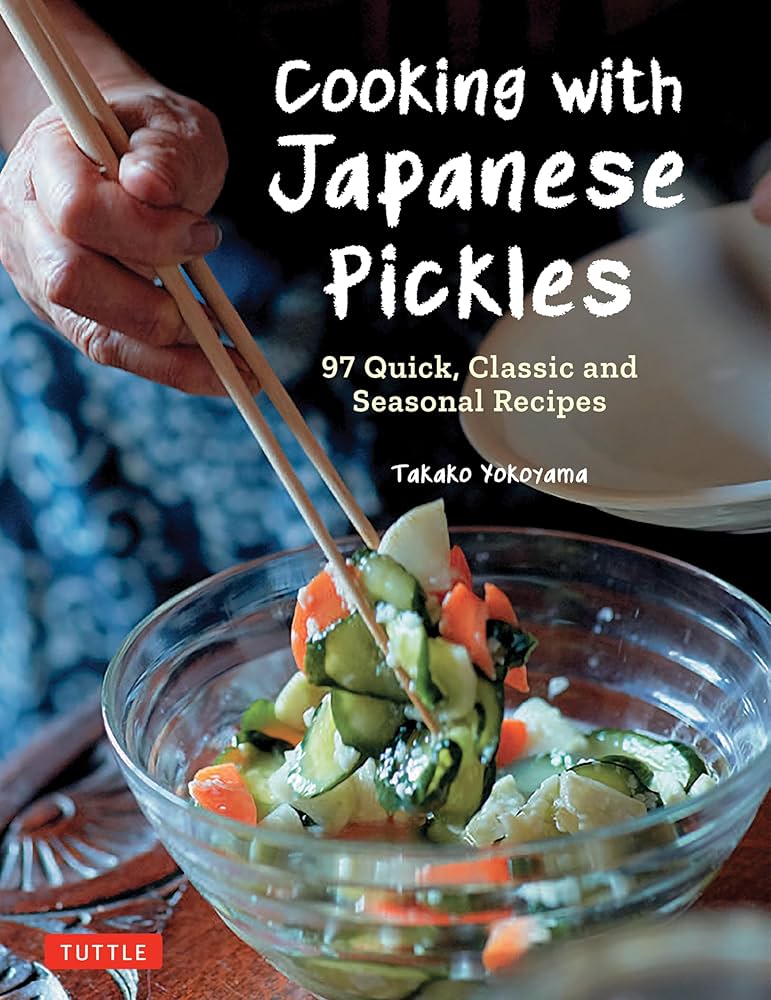Rediscovering the Ghosts of Canning: A Cultural Revival in Wilmington
Growing up on a farm in Southeastern North Carolina, my childhood was a tapestry of lessons woven through hands-on work and keen observation. The art of food preservation, which once felt like a tedious chore, has transformed into a treasured skill for many in our community. The joy I derived from those long summer days of canning sweet corn, shelling butter beans, and the unforgettable smell of my grandmother’s homemade strawberry jam endures to this day.
The essential tools for canning, waiting to preserve seasonal wonders.
A Tradition Worth Reviving
A century ago, home canning was not merely a hobby but a necessary practice, achieving its zenith during the war years. However, it faced a steep decline following the industrialization of the food supply, which overshadowed the art with convenience and mass production. Today, driven by a deep-seated nostalgia and a growing interest in home gardening, we witness a remarkable resurgence in canning activities. While for many it no longer holds the weight of necessity, the joy and satisfaction derived from home canning have transcended time and industrial progress.
This revival isn’t just about preserving fruits and vegetables; it’s about connecting with our heritage. Enthusiasts are reclaiming their kitchens, experimenting with new recipes, and even sharing their creations with family and friends. The simple act of preserving seasonal produce has become a cherished ritual that speaks to sustainability, creativity, and, most importantly, community.
Safety First: Learning the Ropes
Yet, amidst this exciting renaissance lies a caveat. As we welcome newcomers into the canning fold, the digital landscape is rife with misinformation. Enthusiasts risk venturing into unsafe practices by adopting untested recipes or altering established methods, which can lead to disastrous food safety issues. Home canning, while an enjoyable process, can pose serious health risks without the right knowledge and tools.
For aspiring canners, it’s vital to focus on known safety techniques. Only use tested recipes from reputable sources, regularly calibrate pressure canners to avoid pitfalls that can lead to foodborne illnesses, including botulism. The slightest oversight can turn a passionate pastime into a perilous endeavor, making education paramount.
Colorful jars filled with seasonal delights, a testament to successful canning.
Hands-On Learning Opportunities
For those ready to dive deeper into the world of canning, there’s no better place to start than a hands-on workshop. Join us on October 7 from 1-3 p.m. at the N.C. Cooperative Extension - New Hanover County Center and Arboretum, where we will explore the canning process through the delightful task of preserving dill pickles. Avery Ashley, the Family & Consumer Sciences Agent from Brunswick County, will lead the class, bringing with her a wealth of knowledge on pickling, fermentation, and safe canning techniques.
The workshop is open to all, regardless of experience level. Whether you’re a seasoned pro looking to refine your skills or a novice eager to learn, this event promises to be educational and enjoyable. At a cost of just $15, with limited spaces due to hands-on activities, it’s wise to secure your spot promptly. Register here to ensure your place in this culinary adventure.
The Joy of Community
The joy of canning extends beyond the act of preservation itself; it’s about building bonds within our community. As we gather to learn and share, we’re not just passing down knowledge but creating memories that will last a lifetime. From exchanging tips on the best seasonal ingredients to sampling each other’s jars, the camaraderie we find through canning mirrors the very essence of why we do it in the first place.
A vibrant community gathering, united by the passion for canning.
Conclusion
Home canning may have ebbed and flowed in popularity through the decades, but its cultivation of community connections, sustainable practices, and delightful flavors ensures that it will remain vibrant in our kitchens. Let us honor this beautiful tradition and encourage each other to preserve not only the fruits of our labor but also the ties that bind us. So grab a jar, gather your produce, and join the movement—canning is back, and it’s here to stay!


 Photo by
Photo by 












